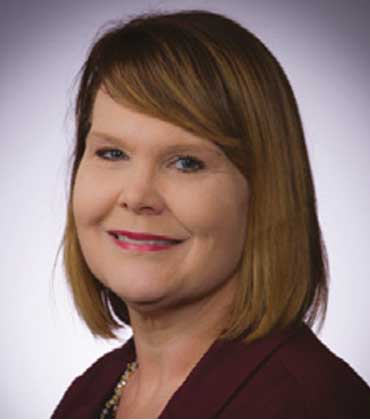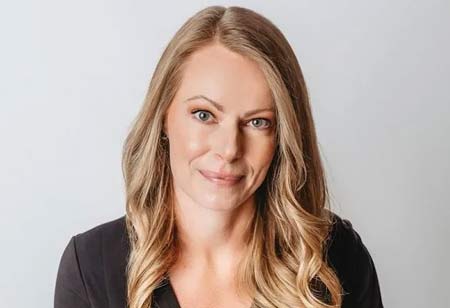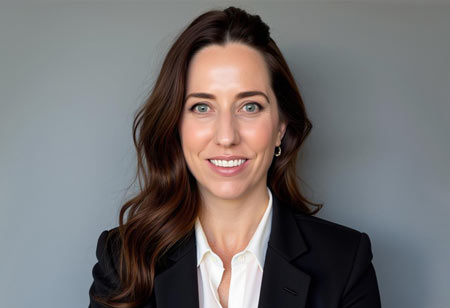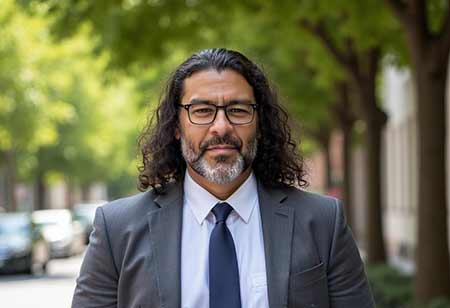THANK YOU FOR SUBSCRIBING
By Angela Morris, Head of Global IT Manufacturing Capabilities, The Kraft Heinz Company
Digital Transformation Begins With A State Of Mind And...
By Rick Stanbridge, CIO Emeritus, Marco’s Pizza
Top 2 Reasons To Switch To 100% Cloud-Based Technology...
By Ted Beyer, Sr Quality Assurance Manager at Sun-Maid Growers
Training Team on Food Safety Threats: Intentional...
By Andy Dulka, Chief Information Officer at Restaurant Technologies
It is all about Streamlining Data Integrations and Reporting

Every Dollar Matters - Those You See, And Those You Don't!
Chris Hellmann, Chief Commercial Officer, Restaurant Technologies

 Chris Hellmann, Chief Commercial Officer, Restaurant Technologies
Chris Hellmann, Chief Commercial Officer, Restaurant TechnologiesBeing around the restaurant and hospitality business for 30 years, I’ve seen many restaurant owners focused solely on the transactions at the register and the margins on food and drink.
This makes sense! In the restaurant and hospitality industry, the margins are tight, and every dollar matters. But as we know, it’s not just about sales on the menu items. – it’s also about the money you don’t see changing hands. It’s as much about the money you save as the money you’re making from customers.
One way to save money and lower business costs is to create a safer workplace for employees. This limits workplace injuries, worker compensation claims, and can lower insurance premiums. Being proactive about safety, instead of reactive, will almost always make a difference in your business costs.
Creating a Safer Workplace – Lowering Insurance Premiums
Over the past 20 years, RT has been able to save restaurants up to 15% on their insurance through implementation of Restaurant Technologies’ (RT) Total Oil Management (TOM) solution. TOM completely automates oil management from delivering, monitoring, filtering, and recycling which takes one of the dirtiest jobs in the kitchen out of the hands of employees.
This eliminates burns, spills, slips and falls, and creates an overall safer workplace.
“One way to save money and lower business costs is to create a safer workplace for employees. This limits workplace injuries, worker compensation claims, and can lower insurance premiums”
As our Pete McDonnell, RT’s insurance consultant says, “handling hot oil is one of the most dangerous back-of-house jobs. If you don’t use a system like TOM, you might have six or seven of your own employees lugging 35-pound oil jugs around. Statistics show that 75 percent of workers’ compensation claims in restaurants are because of human error. When hot oil management is automated, you don’t need your employees doing these risky jobs—and statistically, that’s going to reduce the chance for claims.”
In some cases, we’ve been able to save franchise owners with over a hundred locations millions of dollars on their insurance premiums. Realistically, most businesses can expect to save anywhere between 10-15% based on the type of business they run.
Improve Employee Retention – Saving Turnover Costs
The Bureau of Labor Statistics has reported that it can cost anywhere from 16% to 200% of a worker’s annual salary to replace an employee depending on the position. The implementation of TOM has proven to improve employee satisfaction, leading to higher retention rates. In a tight labor market, this can be the difference between focusing on your business needs or constantly addressing high employee turnover. Employees can also focus on more revenue driving and customer-facing responsibilities, creating a more efficient business.
“For our restaurants to be successful, we want to have happy employees who enjoy doing their job in a safe environment,”
said an RT customer with eight locations. “It’s also helped with our employees’ peace of mind when it comes to managing their day-to- day tasks.”
Produce Consistent HighQuality Food
During lunch and dinner rushes, it can be tough to find the time to filter or replace used oil. This is another unseen cost as it can create issues with food quality and lead to a loss of future revenue. After all, if you’re not producing good food, your customers are unlikely to come back. TOM helps solve this problem with automated filtering.
Recently, a general manager from an independent restaurant says that guests have noticed the difference in quality. “Before TOM, if we were super busy and the oil needed to be changed, it might not get done right away. Maybe something would come out looking burnt. Now that never happens. The fish and chips come out crisp and tasty, and people go on and on about how good our fries taste.”
Being a More Sustainable Business
In addition to creating a safer workplace, RT recycles 100% of used cooking oil from customers and converts it to renewable diesel or biodiesel. In 2022, RT recycled almost 290 million pounds of waste oil which equates to 7.4 million cubic feet of landfill space saved and over 66 million pounds of GHG CO2e emission reduction.
RT collects the used cooking oil from customers and works with renewable energy partners to convert it to fuel for vehicles. In our Iowa depot, we are currently using renewable diesel and biodiesel in our commercial vehicles creating a circular economy. We now deliver fresh cooking oil to customers, collect the used oil for recycling, and then use the converted oil as fuel to deliver more fresh cooking oil.
Thus, in addition to all the benefits of TOM, customers are also building a more sustainable planet through their used cooking oil.
Read Also















